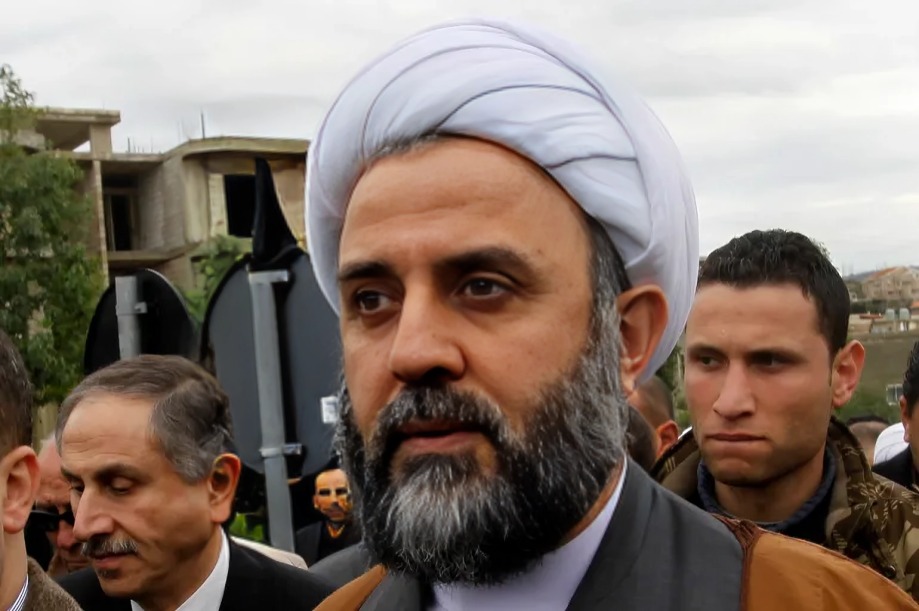


Barran Press
On Sunday, September 29, the Israeli army announced the death of prominent Hezbollah leader Nabil Qawuq, just one day after claiming to have killed the group’s Secretary-General, Hassan Nasrallah, in the southern suburbs of Beirut.
While Hezbollah has yet to comment on Qawuq's fate, supporters have begun sharing condolence messages since Saturday, according to Reuters.
According to the Israeli military, Qawuq was the head of Hezbollah's "Preventive Security Unit" and a significant member of the party's Central Council, which is designated as a terrorist organization by the United States and other countries. Israel accuses Qawuq of being directly involved in orchestrating attacks against it, including recent incidents.
Qawuq joined Hezbollah in the 1980s, serving first as deputy head and then as head of the organization’s Southern Lebanon region, as well as deputy chairman of the executive council.
He frequently represented Hezbollah in the media, addressing political, military, and strategic issues.
According to the Times of Israel, Qawuq was killed in an airstrike in Hezbollah’s stronghold in southern Beirut last night.
On Saturday, the Israeli military announced the death of Nasrallah, along with other leaders, in air raids targeting the same area on Friday. Israeli army spokesman Avichai Adraee stated that the military had successfully eliminated Nasrallah, along with Ali Karki, commander of Hezbollah's Southern Front, and several other leaders.
Adraee explained, "The airstrike was carried out based on precise intelligence from security agencies targeting Hezbollah’s central command, located underground beneath a residential building in the southern suburbs." He added that the strike was executed while Hezbollah’s leadership was present.
Since September 23, the Israeli army has launched its most intense and extensive offensive against Lebanon since the start of hostilities with Hezbollah nearly a year ago, resulting in 816 deaths, including women and children, and 2,507 injuries, according to data compiled by Anadolu Agency from Lebanese authorities. There are growing fears that the conflict could escalate into a regional war.
Since October 8, 2023, various Lebanese and Palestinian factions, notably Hezbollah, have engaged in daily exchanges of fire with the Israeli army across the Blue Line, demanding an end to the war Israel has waged with U.S. support on the Gaza Strip since October 7.